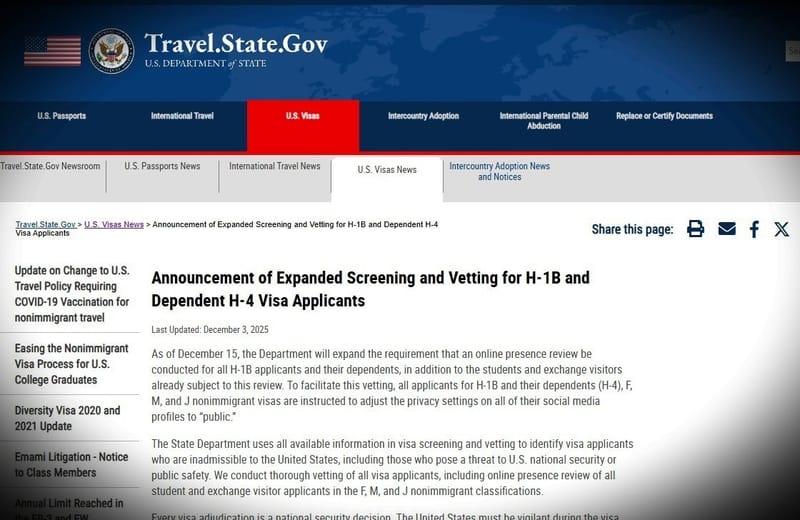Wipro Minimizes H-1B Visa Impact with Localization and AI Investments
This article highlights how major IT firms are adapting their talent strategies to reduce reliance on H-1B visas, signaling a significant shift in global workforce planning and future visa demand.
Subscribe to our newsletter and stay informed about latest H1B news, policy updates and and other developments.
Article Summary
Wipro anticipates minimal impact from recent H-1B visa regulation changes, citing a strong localization strategy where nearly 80% of its US employees are local. The company reported modest quarterly performance and is prioritizing reskilling its workforce in AI while investing in new AI platforms and continuing demand-based hiring.
Original Article: thehindubusinessline.com
[ Sentiment: neutral | Tone: factual ]
This summary and analysis were generated by TheNewsPublisher's editorial AI. This content is for informational purposes only; it does not constitute legal or immigration advice.
[ Sentiment: neutral | Tone: factual ]
This summary and analysis were generated by TheNewsPublisher's editorial AI. This content is for informational purposes only; it does not constitute legal or immigration advice.
TNP AI: Key Insights
This news is critical for both H-1B visa holders and employers as it illustrates a clear trend among major IT service providers to reduce their dependency on H-1B visas through robust localization strategies. This shift could significantly alter the landscape for future H-1B sponsorships and increase competition for skilled local talent in the US.
Historically, Indian IT firms have been primary users of the H-1B program; Wipro's proactive strategy reflects a broader industry movement to mitigate policy uncertainties and rising costs by building strong in-country workforces. This approach may lead to a decrease in overall H-1B petition volumes from such companies, influencing the dynamics of the annual lottery.
The substantial investment in AI upskilling and organic talent development signals a future where specialized skills, particularly in emerging fields like AI, will be prioritized over traditional visa sponsorship for certain roles. This implies that H-1B applicants may need to focus more on acquiring high-demand, cutting-edge expertise to remain competitive in the evolving tech job market.




